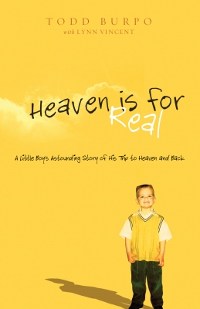A Quote by Kalki Koechlin
Adults should be intelligent enough to know what they want - if you don't like it, then don't consume it. A rating system for kids and teens is more important. Especially for violent shows.
Related Quotes
The reason they came up with the ratings board is that there are a lot of movies out there, and parents need some guidance. Not only for the kids, but for adults, as well. If you don't like to see a certain kind of film, there should be some rating, so that you know what you're getting into. But the present system doesn't work.
The food industry is spending almost $2 billion a year marketing directly to children and teens. We know that those ads lead to children demanding certain brands, and we know that food and drink marketing gets all of us to consume more calories. If we're going to address diet-related illnesses, talking about marketing to kids is a key step. There should be places like schools that are protected sanctuaries from commercialization and from advertising, especially when it comes to kids' health.
The StarTalks - while kids can watch them, they're actually targeted at adults. Because adults outnumber kids five to one, and adults vote, and adults wield resources, and adults are heads of agencies. So if we're going to affect policy, or affect attitudes, for me, the adults have always been the target population.
I think it's more difficult writing what it's like to be a child. You can pretend you know what it's like, but you don't really know. The only parts I can remember is that the adults were like, "Aren't they cute?" But when you're little you're looking at the other kids like they're your colleagues. They're not like, "Oh, we're all cute little kids." They're more like your office acquaintances. It's very hard to grasp the memories of what it actually was like to be a kid.
Seeing games become more of a young person thing, I feel like a toy I grew up with has been left behind. I don't want to. I want this thing to be respected by adults. I want this thing to be growing with me. It's important to have games that could be more nuanced and reflective of the real world and relevant to adults.
[E]verywhere I'm looking at kids, adults mostly don't seem to like them, not even the parents do. They call the kids gorgeous and so cute, they make the kids do the thing all over again so they can take a photo, but they don't want to actually play with them, they'd rather drink coffee talking to other adults. Sometimes there's a small kid crying and the Ma of it doesn't even hear.




































